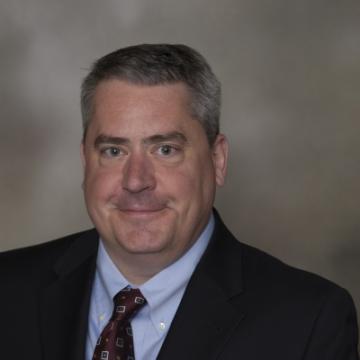There have been many changes to the laws and regulations governing the healthcare industry in response to the COVID-19 emergency. In Pennsylvania, the Governor has granted requests to suspend various professional licensing and telemedicine restrictions. Since these changes were implemented in piecemeal fashion, an outline is provided below.
To date, Pennsylvania has not imposed limitations on liability for healthcare professionals for services provided in response to COVID-19, while some states have (e.g., New York). However, the Coronavirus Aid, Relief, and Economic Security Act, which passed the U.S. Senate and is expected to become law, would exempt volunteer healthcare professionals responding to the COVID-19 emergency from liability for ordinary negligence, provided that their acts or omissions occur within the scope of their licensure. Acts or omissions constituting gross negligence, recklessness, or willful misconduct would not be exempt from liability. Limitations on volunteer liability would preempt any State or Local laws to the contrary.
PENNSYLVANIA HEALTHCARE REGULATION CHANGES:
Retired or Inactive Healthcare Professionals—Doctors of Medicine and Osteopathy who are inactive/retired or expired/inactive status for less than four years may apply for reactivation with waiver of the continuing education requirements and reactivation fees. Registered Nurses who are in expired/inactive status for less than five years may apply for reactivation with waiver of the continuing education requirements and reactivation fees.
Out-of-State Healthcare Professionals—The Governor has allowed the Bureau of Professional and Occupational Affairs (BPOA) to expedite the issuance of temporary licenses. Requirements such as letters of good standing, criminal history checks, NPDB reports, and continuing education requirements may be waived.
Medical Doctors—The Governor has suspended the institutional-license requirement that limits qualified medical doctors from practicing at more than two affiliated facilities.
Physician Assistants—Various provisions governing physician supervision of PAs practicing under the Board of Osteopathic Medicine have been suspended, including the 4:1 supervision ratio and the 10-day countersign requirement. Moreover, written agreements will be effective upon submission to the Board while approval is pending.
Nurse-Midwives--CNMs may begin practicing prior to the filing of a collaborative agreement with the State Board of Medicine, although a collaborative agreement is still required and the collaborative agreement must be filed within 30-days. Moreover, inactive licensees who hold an active RN license may reactivate their CNM license without the usual re-entry requirements.
Nurses--Temporary practice or graduate permits which were set to expire have been extended an additional 90 days, and Registered Nurses have been granted an extension to renew their licenses.
Certified Registered Nurse Practitioners—Restrictions which require a CRNP to practice within a specific clinical specialty have been suspended. In addition, restrictions which prohibit CRNPs from prescribing drugs outside of the established formulary have been suspended.
Pharmacy—Out-of-state pharmacies without a Nonresident Pharmacy registration may now ship goods into Pennsylvania, provided that the pharmacy is in good standing in its home state, and that it has a business relationship with a Pennsylvania pharmacy with access to common patient files.
Telemedicine—Licensed healthcare professionals may provide services to patients via telemedicine during the COVID-19 emergency. Moreover, out-of-state healthcare professionals may provide telemedicine services without a Pennsylvania license, provided that they are licensed and in good standing in their home state, and that they provide the corresponding Pennsylvania Board with their demographic and license information.
Additional information can be found at https://www.dos.pa.gov/Pages/COVID-19-Waivers.aspx
Please do not hesitate to contact a member of our Professional Liability Practice Group at (717) 975-9600 to discuss how the ongoing legal developments may affect you, your practice, or your healthcare facility.

